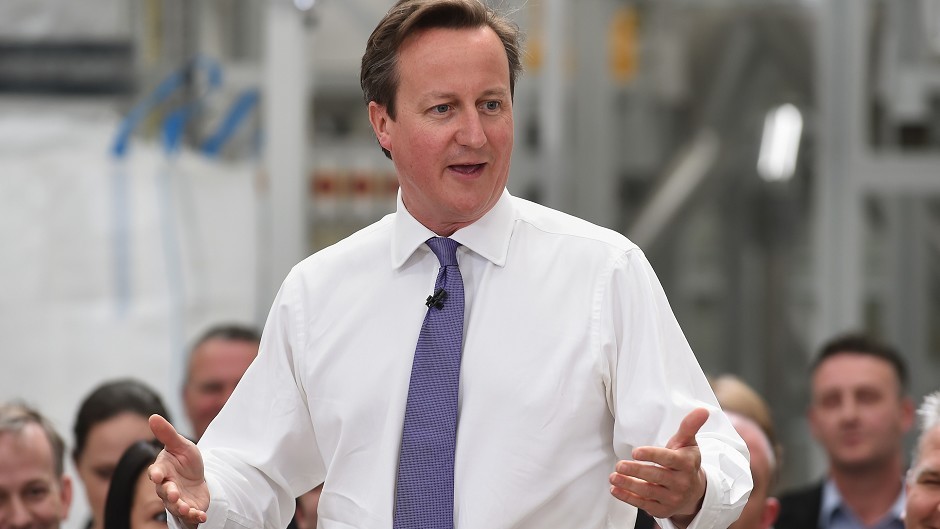The UK Government and the police have been accused of breaching information laws and “hiding” the true cost of the Cabinet’s visit to Aberdeen.
Coalition ministers claimed yesterday that the bill to taxpayers for the historic event in February was just £1,800 – despite similar meetings outside London costing more than 100 times that amount.
North-east politicians branded the figure “patent nonsense” – and accused them of operating behind a “veil of secrecy”.
Officials at Whitehall have repeatedly refused to respond to a freedom of information (FOI) request from the Press and Journal, despite being contacted by the Information Commissioner’s Office to remind them of their obligations under the law.
Police Scotland have also rejected an FOI request from the Press and Journal, saying the force could “neither confirm nor deny” that it holds the information, and citing national security.
Last night, the Campaign for Freedom of Information (CFI) group claimed the Cabinet Office had “clearly breached the act” in its handling of the case and that the police’s response was “ridiculous”.
The UK Cabinet met for the first time in Aberdeen on February 24, with at least one minister reportedly having flown in on a chartered plane and Prime Minister David Cameron also travelling by helicopter to a North Sea installation.
On the same day, the Scottish Cabinet met just a few miles away in Portlethen.
The costs of the Scottish Cabinet meeting have since been published.
The total bill was £12,273.62, with £4,314.22 spent on travel and accommodation for ministers and officials, and the rest on venue hire, refreshments and various equipment.
On Monday, the Press and Journal again asked the Cabinet Office for an update on its FOI request about the UK Cabinet meeting, but received no response.
But less than 24 hours later, the Conservative peer Baroness Seccombe tabled a question in the House of Lords about the cost of the visit.
Lord Wallace of Saltaire, a Cabinet Office spokesman, responded saying that the “central cost of holding Cabinet in Aberdeen was £1,800”.
He added: “This is a considerable reduction from the cost of regional Cabinet meetings under the previous administration, which were reported through parliamentary questions to have cost between £50,000 and £100,000.”
The figure suggests the bill for the Aberdeen visit was just 15% of the cost of the Scottish Cabinet’s Portlethen trip, and 0.9% of previous trips away from Westminster.
However, the peer added: “As was the case under previous administrations, departments and agencies may also have incurred costs in terms of travel, staff time and other support.”
Kevin Stewart, Aberdeen Central SNP MSP, said: “This is once again a tale of two governments, with the Scottish Government being open and transparent and the Westminster government hiding behind a veil of secrecy.”
In contrast to the stance by Police Scotland, West Yorkshire Police publicly revealed in 2009 that it had spent £138,000 on security for a Cabinet meeting in Leeds.
In the same year, former prime minister Gordon Brown said the bill for an earlier Cabinet meeting in Birmingham was £62,000, excluding security costs.
A CFI spokeswoman said: “The Cabinet Office has clearly breached the Act in this case by extending the time limit and then simply failing to respond altogether.
“Such poor compliance by the Cabinet Office is not uncommon.”
